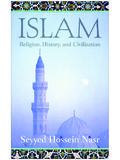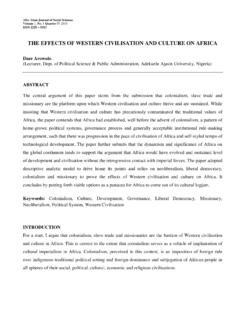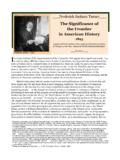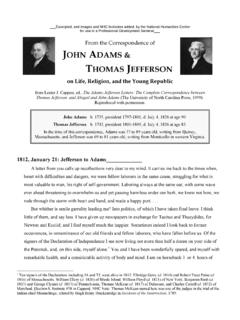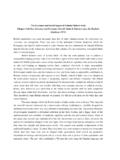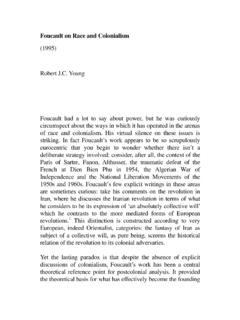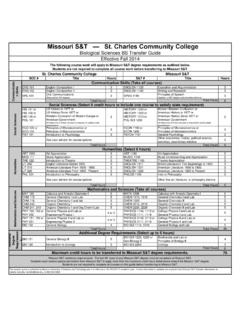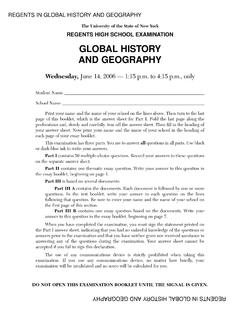Transcription of Religious Implications of Western Personality …
1 Western Personality Theories| 1. Religious Implications of Western Personality Theory Brent D. Slife Brigham Young University Western Personality Theories| 2. Abstract The purpose of this article is to outline some of the Religious Implications of Western Personality theories. It begins with broad comments about the general theoretical tradition of the West, especially for secular disciplines such as psychology. Next, it sketches briefly the Religious Implications of many aspects of the three forces of psychology, , psychoanalysis, behaviorism, and humanism, with special emphasis on some of the more classical theorists, such as Sigmund Freud, Carl Jung, B.
2 F. Skinner, Albert Bandura, Carl Rogers, and George Kelly. Lastly, it paints some broad brush strokes regarding alternatives to these three forces, specifically, two types of postmodern understandings of Religious persons and their contexts, social constructionism and hermeneutics. Western Personality Theories| 3. Religious Implications of Western Personality Theory Brent D. Slife, Brigham Young University Many Western psychologists think of Personality theory as consisting of the prominent theories of Western psychology. Classical Personality theory is typically thought to begin with the three forces of theory psychoanalysis, behaviorism, and humanism.
3 These three forces account for a large portion of the theories that contemporary psychologists, especially psychotherapists, would consider for their own theoretical orientation or professional identity. However, recent courses in Personality theory often go well beyond these modern forces to discuss other theories and classes of theories, such as postmodern theories. In this sense, the term Personality theory means all the main ways of thinking and understanding of Western psychologists, especially when it comes to applying these theories in practical settings, such as psychotherapy, parenting, and education. The purpose of this paper is to outline some of the Religious Implications of these ways of thinking.
4 Needless to say, this is a large undertaking. The variety of these theoretical approaches is numerous, and their conceptual differences are often vast, even within a particular category of theorizing. For example, the theoretical differences between Sigmund Freud and Carl Jung are significant, even though they are both considered psychodynamic. Consequently, space constraints prohibit me from reviewing all the individual theorists, though I will attempt to mention individual theorists when their work is pivotal to or illustrative of the more general tradition. I am relegated, instead, to discussing the Religious Implications of the more general traditions I just mentioned.
5 I begin with some broad comments about the general theoretical tradition of the West, especially for secular disciplines such as psychology. In other words, what is the general cultural Western Personality Theories| 4. and intellectual context in which these theorists are theorizing? What, especially, are the assumptions they make that are often taken-for-granted but that Eastern theorists might find problematic or in need of examination, particularly in regard to the topic of religion? Next, I. attempt to sketch briefly the Religious Implications of many aspects of the three forces of psychology, , psychoanalysis, behaviorism, and humanism, with special emphasis on some of the more classical theorists, such as Sigmund Freud, Carl Jung, B.
6 F. Skinner, Albert Bandura, Carl Rogers, and George Kelly. Lastly, I endeavor to paint some broad brush strokes regarding alternatives to these three forces, specifically, two types of postmodern understandings of Religious persons and their contexts. The Western Theoretical Tradition Although rarely acknowledged in the discipline, Western psychological theories of all types have some distinctly Western ideas that affect the study of religion. That is to say, Western psychologists typically make unproven assumptions about what theorizing is and how it should occur. By assumptions I mean that these theorists usually have ideas about how the world of psychology operates that are taken-for-granted, and thus rarely tested or examined.
7 I. want to mention two related assumptions here secularism and naturalism before I describe specific theories, because I think they are important to the study of religion. Secularism. The first and perhaps most obvious assumption of Western theorizing is its secularism. This assumption is sometimes considered in the West to be almost anti- Religious in the sense that all types of religion, and even some approaches to spirituality, are viewed as forbidden territory. Studying Religious people and behavior is not, of course, forbidden. The psychology of religion is a burgeoning research enterprise. However, looking at the world or theorizing in a Religious manner is simply not permitted, no matter how Religious the study topic Western Personality Theories| 5.
8 Or researchers might be. In image of God research, for example, only earthly authority figures are allowed to influence this image; God is rarely even considered as a factor in His own image (Slife & Reber, 2009). Indeed, this outlawing of Religious perspectives on theory and explanation is sometimes viewed as a type of scientific objectivity, because many Western theorists fear that the values and biases of Religious people will distort investigations. Consequently, forbidding Religious perspectives, and thus secularizing psychological theories, is supposed to help them to be less value-laden and biased, and thus more objective and scientific.
9 The actuality of this objectivity, however, is debatable. Several scholars have noted that secularism itself contains many biases and values of its own ( , Pannenberg, 1996). For example, the decision to omit Religious points of view in psychology, before they are even investigated, is itself a kind of bias or value ( , Religious perspectives should not be involved in theory) (Slife & Reber, 2009). Indeed, several scholars have argued that modern Western secularism has itself evolved into a particular philosophy ( , Reber, 2006). Originally, secularism was intended to recognize the many different philosophies or views of the world, including Religious perspectives (Reber, 2006).
10 The historical secularist wanted all the reasonable theories to be investigated and in conversation with one another a kind of pluralism of theories. Now, however, Western psychologists have rejected Religious approaches without investigation, and Religious voices in the conversation have been omitted through philosophical fiat rather than empirical research. As a result, secularism has become a kind of naturalism, our next major assumption of Western theorizing. Naturalism. Unlike secularism, naturalism is widely recognized as a particular philosophy or system of assumptions and biases. In fact, the historian of psychology, Thomas Leahey (1991), considers naturalism to be the central dogma of psychology and its methods (p.)

